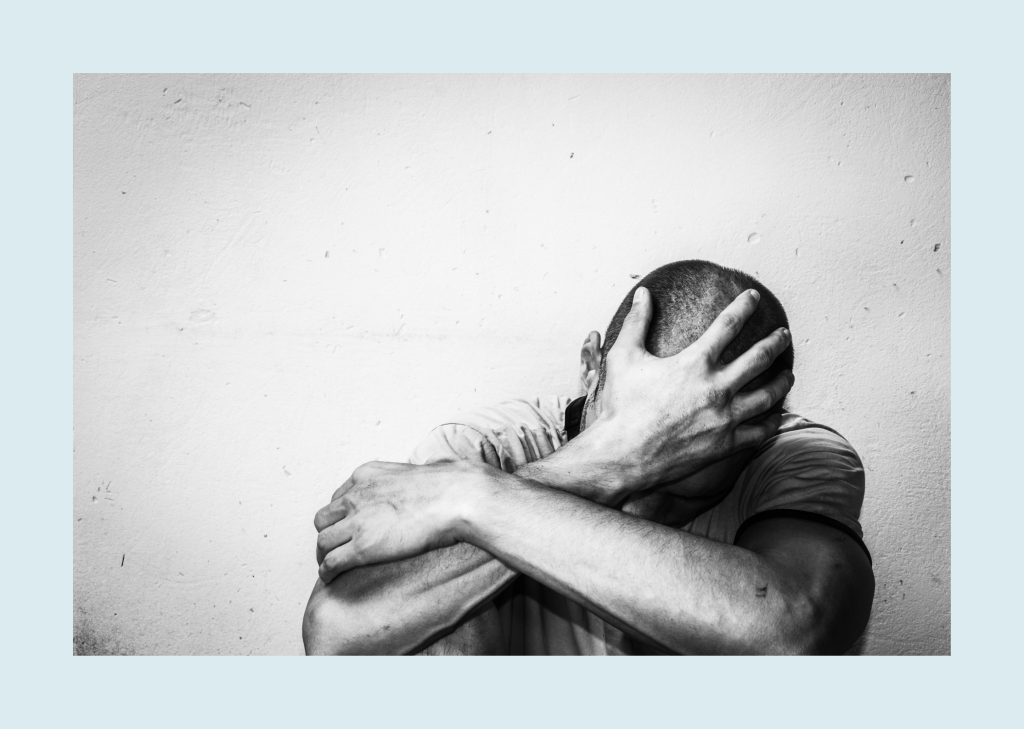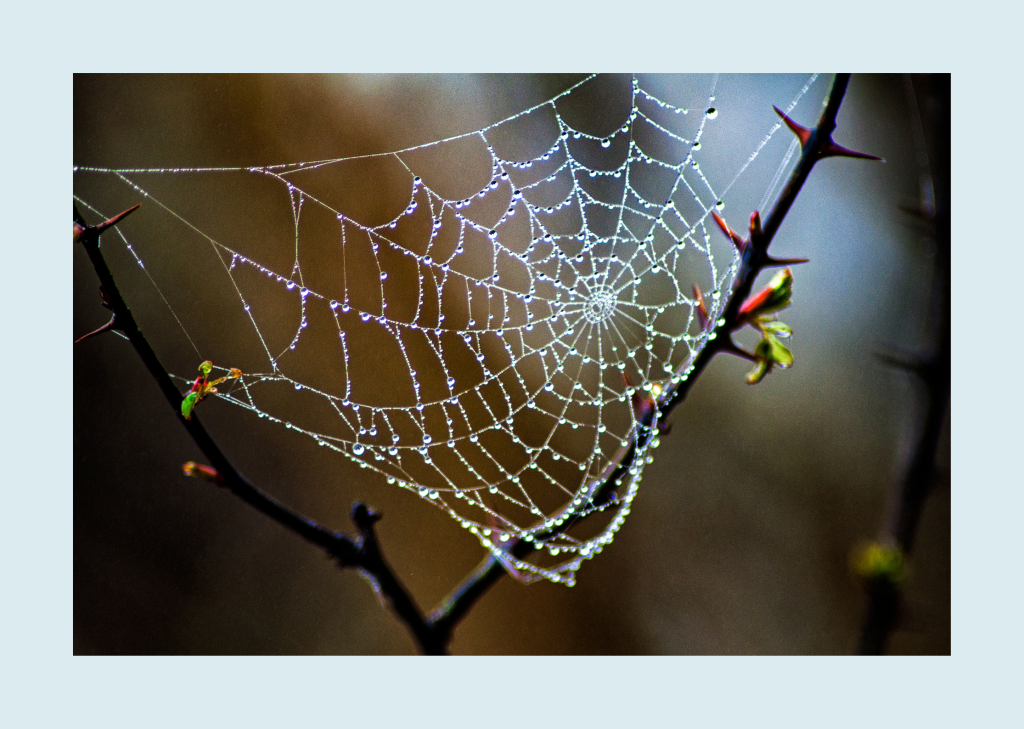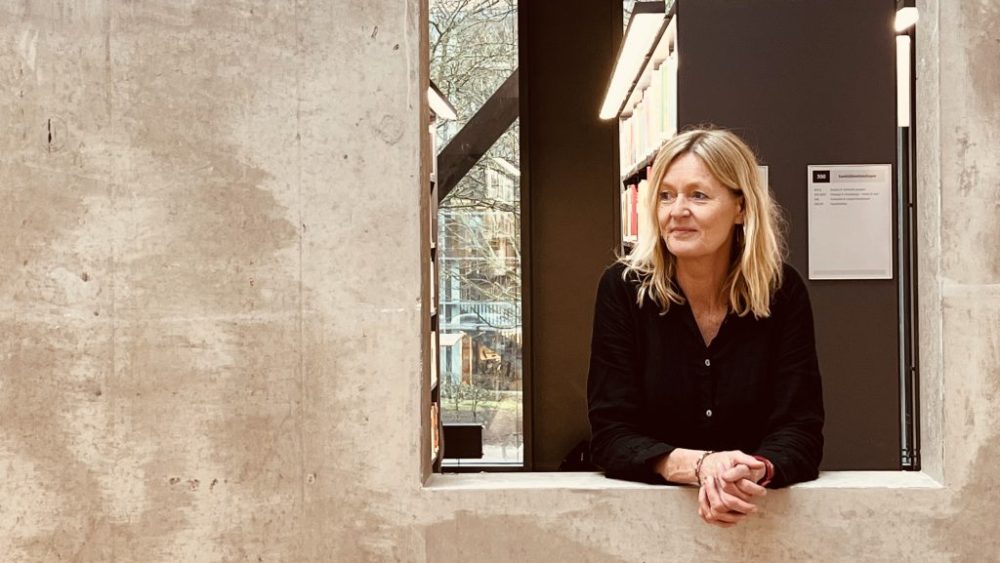Meet Ulrica Fritzson, a former prison chaplain who has long felt frustrated that convicts who have committed serious crimes have no outlet for processing their guilt. This led her to Lund University, where she started researching a way out for criminals.
When the worst happens, when a person hurts or kills another, there is no room for dialogue and reconciliation – whether for the perpetrator, the victim, or the family. But then what? How does someone move on with their lives and mend what has been broken?
Ulrika Fritzson has pondered life’s big questions ever since she was a child, but the idea of becoming a priest was far from obvious. Growing up in an atheist home with a father who worked as a car salesman and a mother who was a housewife, the path to university studies and then the Church of Sweden was long and unfamiliar. It was only in high school that the priesthood called. As a student at Lund, it gradually became clear that the world was not as complicated as Ulrica Fritzson had imagined.
“I have never regretted my choice of profession. To be able to interact with people on issues such as how to keep living when someone they love dies, or what happens when you have children, and then to have access to stories from the Bible that interpret life, our existence, it’s amazing.”
Reconciliation heals broken relationships
Ulrica Fritzson worked as a therapist at a crisis centre where she met and helped people who have been exposed to violence as well as those who have perpetrated violence, in intimate relationships. For a long time, she also worked as a prison chaplain. There she met inmates who had committed the worst of crimes and were tormented by the fact that there was no space for them to process their guilt. Guilt towards the victim, even in the case of murder, guilt towards the victim’s relatives, as well as guilt towards their own loved ones for tearing their family apart.

On a holiday to Cape Town, she visited a notorious prison and became deeply fascinated by its reconciliation programme, which created a dialogue between inmates, their families, and victims of crime. The programme did not emphasise forgiveness, but for the offender to confront and take responsibility for their own existential guilt and to feel that there was hope they could go on to live as a good person after their sentence was complete.
“The impetus for me to start my research was not a longing for an academic career, but rather, I felt so strongly that I wanted to bring the tools I had seen in that South African prison to Sweden.”
With research funding from the Church of Sweden Research Department, she conducted 21 in-depth interviews with convicted offenders who had gone through a reconciliation programme.
I heard terrible stories of victims who wanted the convicted person to rot in hell, and at the same time I understood that the inmate felt some kind of liberation. Being confronted with the reality of the situation and the consequences of their actions put the inmate in touch with their own human capacity and enabled them to take responsibility.
For all the inmates interviewed, the programme was a life-changing experience, everything became visible and rose to the surface. The research and her meetings with convicts also gave Ulrica Fritzson a direction for her future work, out of which the non-profit association, The Reconciliation Group, was founded in 2011. The group organises reconciliation weeks, support for relatives, training courses and lectures and is currently active throughout Sweden.

“I am cautiously hopeful that humans are fundamentally good in the deepest part of their being, and I believe that more and more as I meet people who have committed the most horrible crimes. If we allow ourselves to actually search and ask for the human, somewhere deep inside the human does emerge.”
Not enough places
It is a tough, six-day programme that inmates have to apply for, but often there are too few places. Many people want the opportunity to heal themselves by taking responsibility for their actions and making amends to those they have hurt. In the Swedish reconciliation programme, the focus is first on the convict and their families. The first, crucial step is for the inmate to admit their guilt to their loved ones. Meeting the victims of their crime is a delicate process that must be approached with care and comes much later in the process.
Today Ulrica Fritzson works as a diocesan theologian for Skara Diocese, and two weeks a year she meets inmates during a reconciliation week together with, among others, prison chaplains, drug and alcohol therapists, and prison officers.
“It’s one of the best things I do in my professional life. To see a person in a state of grief and panic, someone who can’t find the words or the space to heal – to step in and make a difference is one of the most exciting things I do.”
Ulrica Fritzson carries many powerful memories of encounters she has had. One was with a man we will call Stefan. Some years ago, he was in Kumla Prison serving a life sentence for murder.
“By the time we got there and told him about the programme, he had already raked, ploughed and fertilised the soil of his own mind so many times in a panicked hope that there would be some chance for him to live a life beyond his crime, to become human.”
At the beginning of the week, the convicts submit the addresses and phone numbers of relatives they wish to invite into the process. Stefan’s list contained 15 names.
“I called and called, but no one wanted to come. ‘Who does he think he is, we don’t want to forgive, he can forget it.’ Then a click on the other end of the phone.”
In court, he had explained away and minimised his role in the murder and that was the last the relatives had heard from him. They had been forced to live on with shattered lives and now they didn’t want to see Stefan. Ulrica Fritzson managed to reach some of his relatives and explain that the aim was not forgiveness but reconciliation.
“After a long conversation, some of the relatives called back and were ready to meet Stefan. It took six months before the meeting was organised in the prison. The relatives were nervous and scared of Stefan, but when the meeting was over, a sense of relief spread through them all that they had been able to put into words the weight they had been carrying inside.”
Deeply human process
Ulrica Fritzson hopes that the political debate on criminal justice will move away from ever harsher sentences and punishments. Of course, there is a need for boundary-setting institutions, but there is also a need for something more.
“We turn people into objects and think that good will come if we lock them up behind bars. We have to have a penal system, of course we do, but we must also care about what happens to people once inside prison. Who are we letting out?”
Ulrica Fritzson is convinced that the desire and need for reconciliation exists within all of us when we have harmed others. Whether one is religious or not.
“I can dress it up in Christian terminology if I’m a Christian, but if I’m a Jew or a Muslim or a Hindu, I can present it in that religious context too. Reconciliation is a deeply human thing that goes beyond religious boundaries.”
The Reconciliation Group
The Reconciliation Group is a non-profit organisation working for reconciliation and against crime and substance abuse. The Reconciliation Group works with state, municipal and voluntary organisations, law enforcement agencies and faith communities working on crime prevention and community safety. The group organises the intensive reconciliation week, reconciliation weekends, family support and lectures.
www.forsoningsgruppen.se

